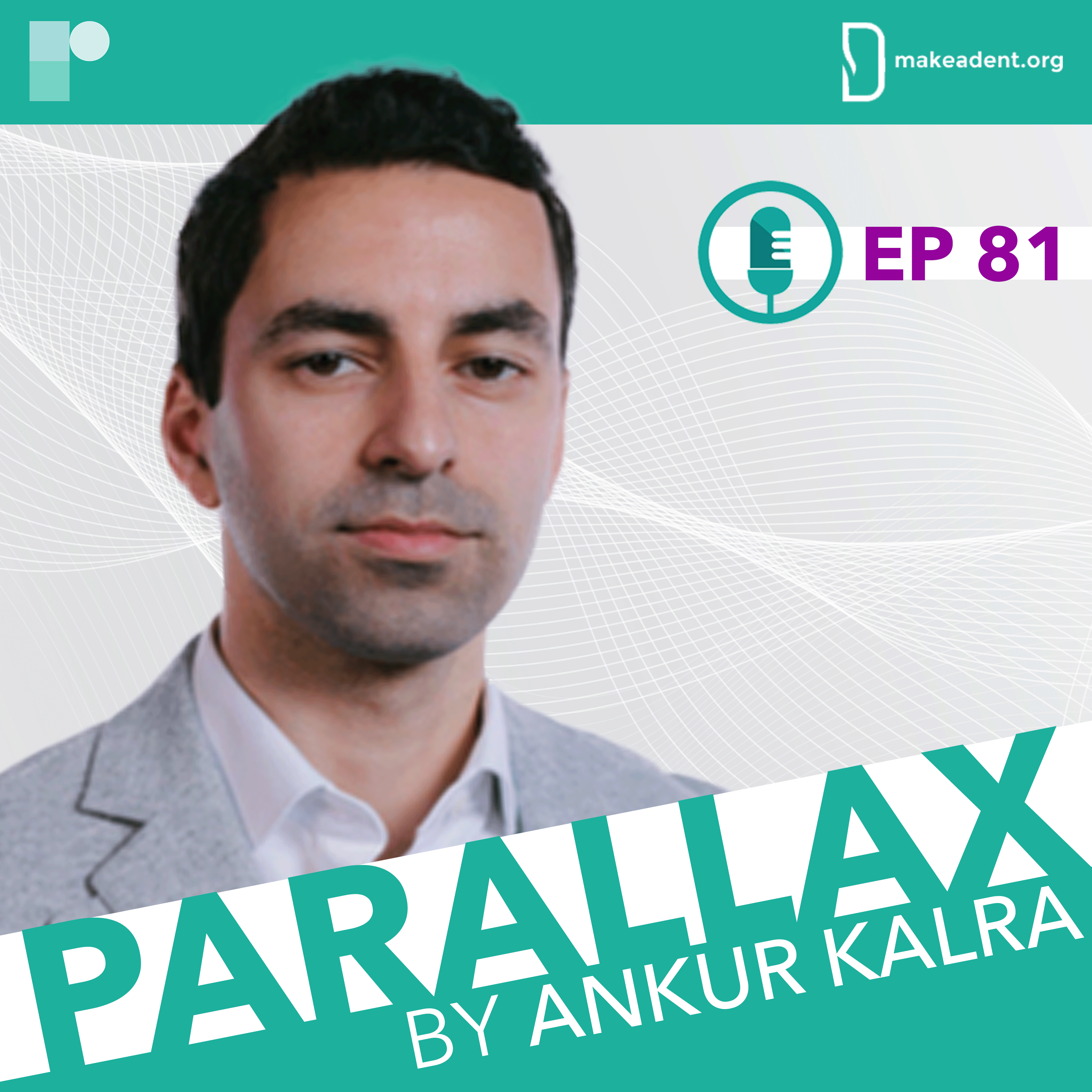
In 2017, Rohin Francis AKA Medlife Crisis uploaded a YouTube video titled “Leonardo da Vinci's theory about the heart was right”. This first video about how the heart valves close was watched by 412K people, garnering more than 700 comments from a diverse audience who connected to the subject with fascination, curiosity and humour.
This week’s guest on Parallax is Dr Rohin Francis, Consultant Interventional Cardiologist at East Suffolk and North Essex NHS Foundation Trust and prolific YouTuber.
Rohin believes that authenticity is one of the keys of his videos’ success. When asked about his journey to medicine he summarises: “I was being rebellious and ended up doing the most cliché job for an Indian possible.” He turns the table and asks Ankur what he think is behind the stereotype of the Indian cardiologist.
Rohin shares an advice that he received at the beginning of his career: “If you can deal with an average day, the exciting day will take care of itself.”
Ankur asks Rohin about Medlife Crisis and the work that goes into producing a show followed by 500K people. Rohin reiterates his passion for research and science communication. Ankur and Rohin discuss what it means to be yourself on social media and what is Rohin’s advice to our early-career listeners.
What is Rohin’s advice for aspiring creators? How does he balance his work and personal life?
Questions and comments can be sent to “podcast@radcliffe-group.com” and may be answered by Ankur in the next episode.
Guest: @MedCrisis, host: @AnkurKalraMD and produced by: @RadcliffeCARDIO.



US Cardiology Review journal, has recently seen a 7-fold increase in female editorial board members in response to journal-based strategic initiatives and the stellar work of USC editorial board leadership, Ankur Kalra (Editor in Chief) and Bill Gogas (Deputy Editor in Chief), who were keen to drive this change. With thanks to Dr Anastasia Mihailidou’s tenure as a new board member and her suggested nominees, ten new female board members have recently joined US Cardiology Review’s editorial board.

In this episode, Mike opens up about his childhood in Stilwell, Oklahoma. Ankur and Mike discuss how the inductive quality of art can complement the deductive principles of science. Mike recalls earlier stages of his career and warns about the blinding effect of the ego-driven, competitive culture of cardiology. Ankur asks Mike about fatherhood and about his role as an educator.
What does it mean to be fearless as a medical professional? How can you protect yourself from the emotional toll of the profession? What is Mike’s advice to early career cardiologists?
Sponsored by Edwards.

During her interventional cardiology fellowship, Dr Baron became fascinated by the implementation of novel technologies. She earned her degree in Clinical Epidemiology and spent a year working at the FDA’s Device Evaluation unit.
In 2019 Dr Baron presented the results of her late-breaking trial, COAPT. Ankur invites Suzanne to discuss the economic analysis of the study and to give a short introduction to cost-effectiveness analysis. Suzanne provides an overview of the trial and they talk about the importance of understanding the value and benefits of new devices from both the patient and the health-economic point of viewpoint.

How should you start building a research programme? What are Chuck Simonton’s thoughts on the relationship between doctors and the industry? What is Chuck’s message to young cardiologists?

After the #MedBikini campaign provoked by a misogynistic study that scrutinized female doctors’ social media posts, this episode is about creating a safer environment for female healthcare professionals.





